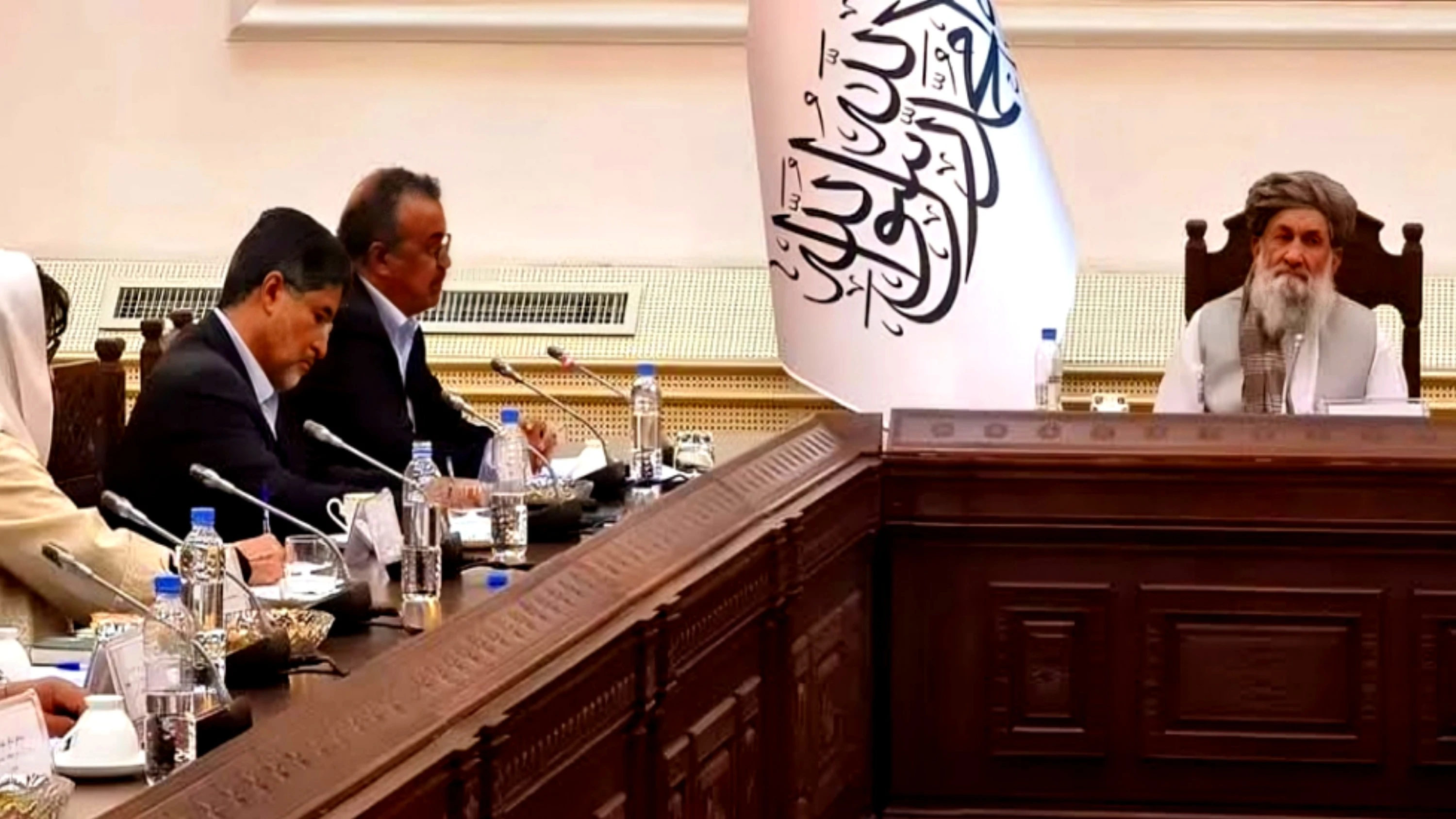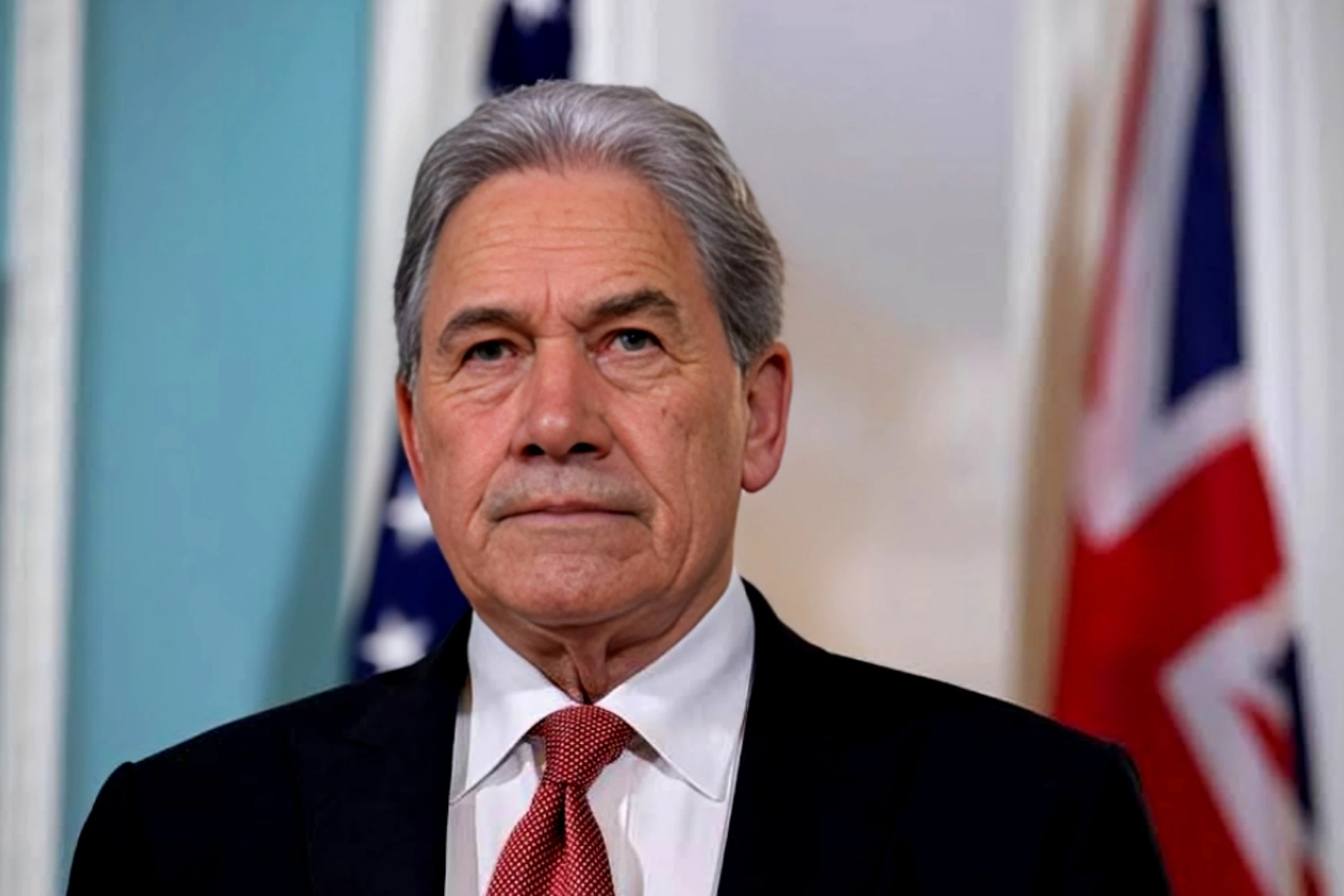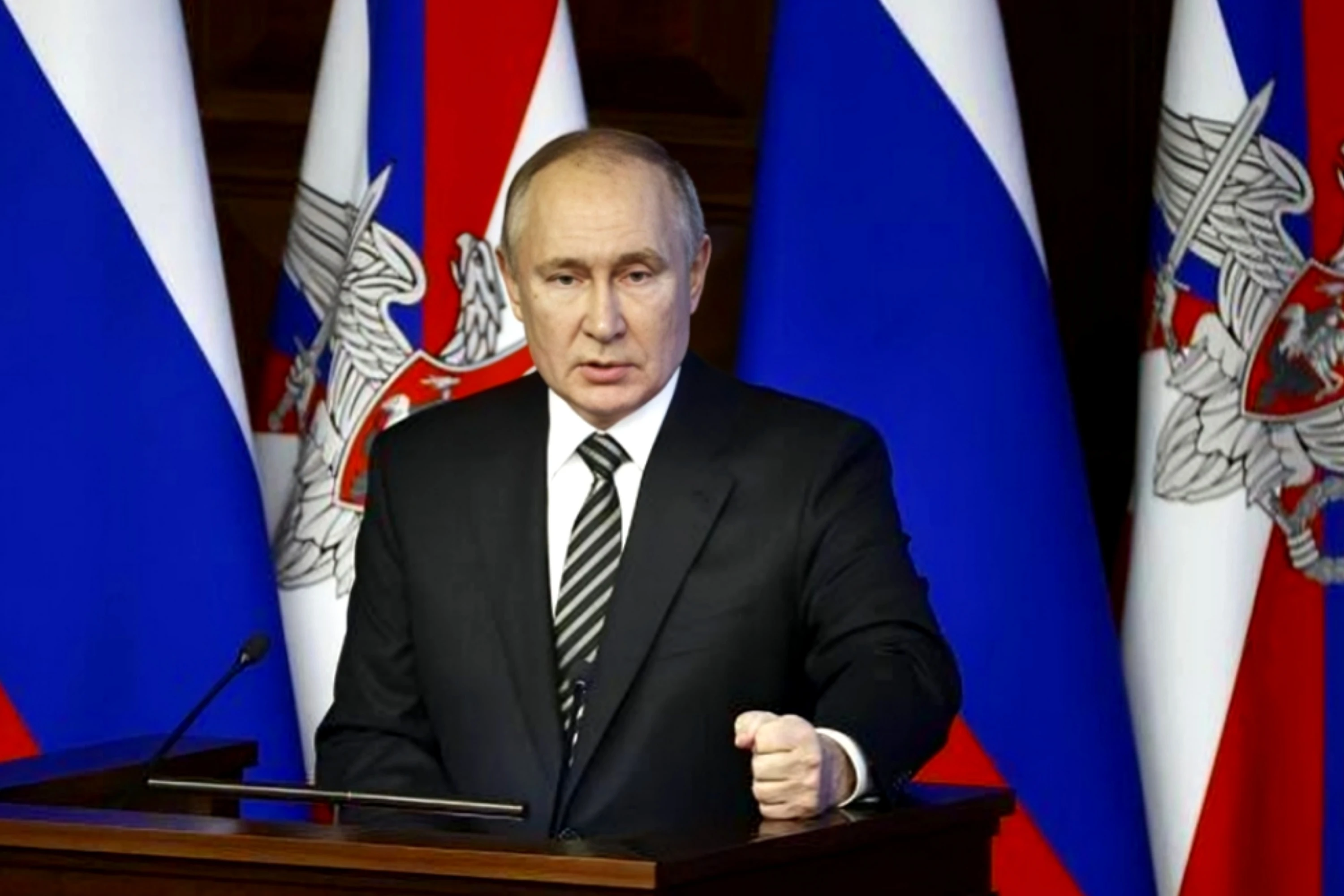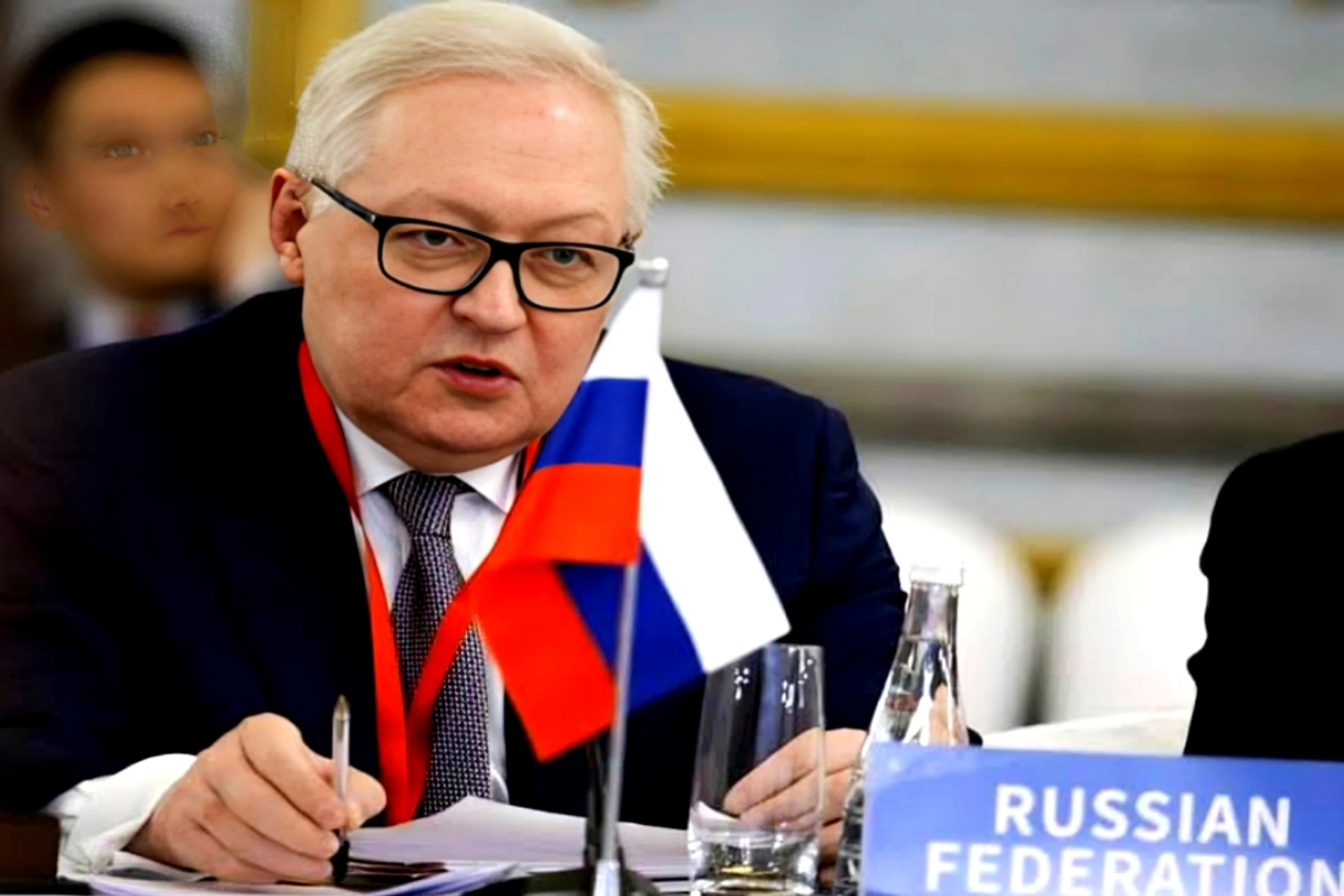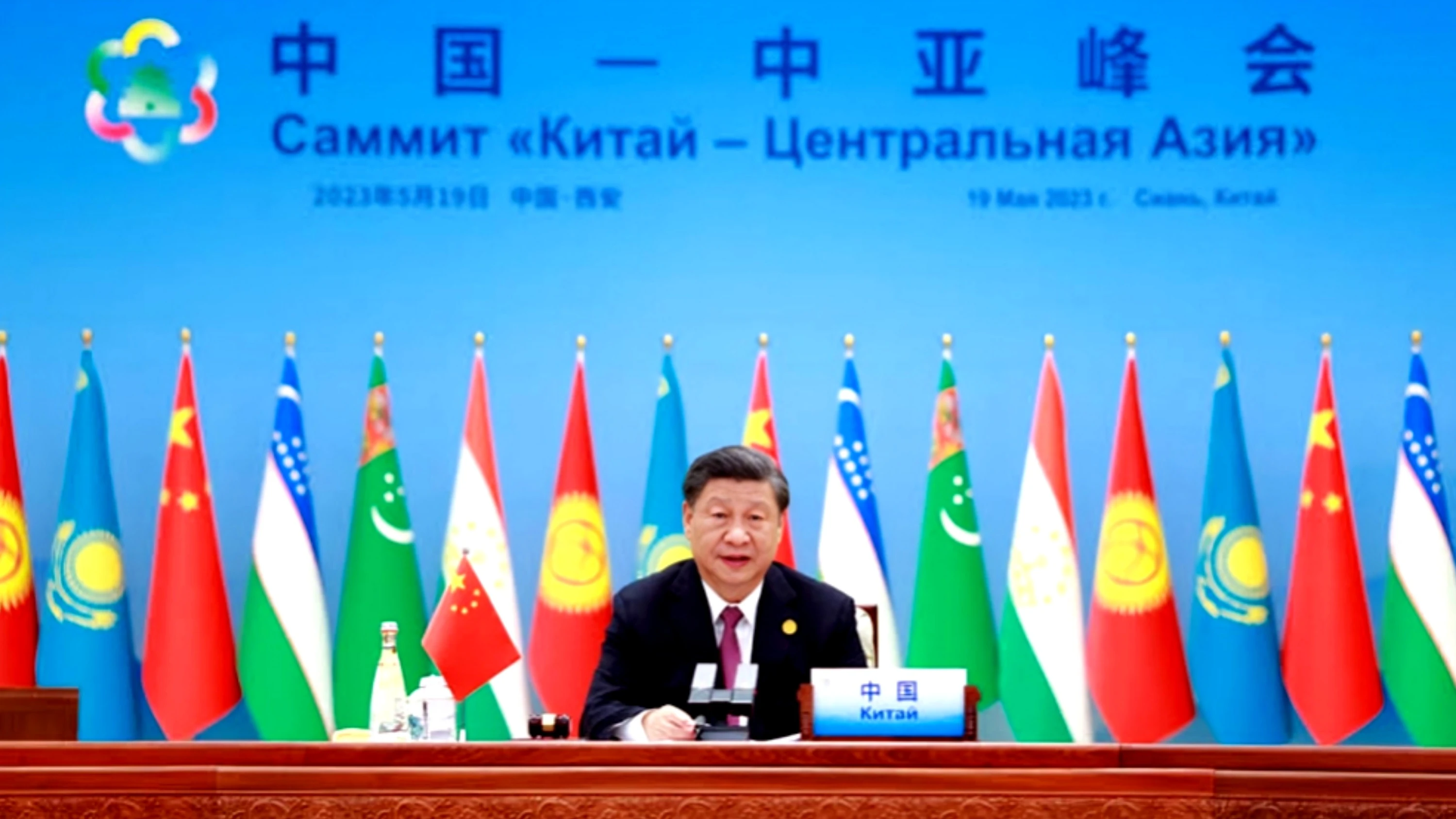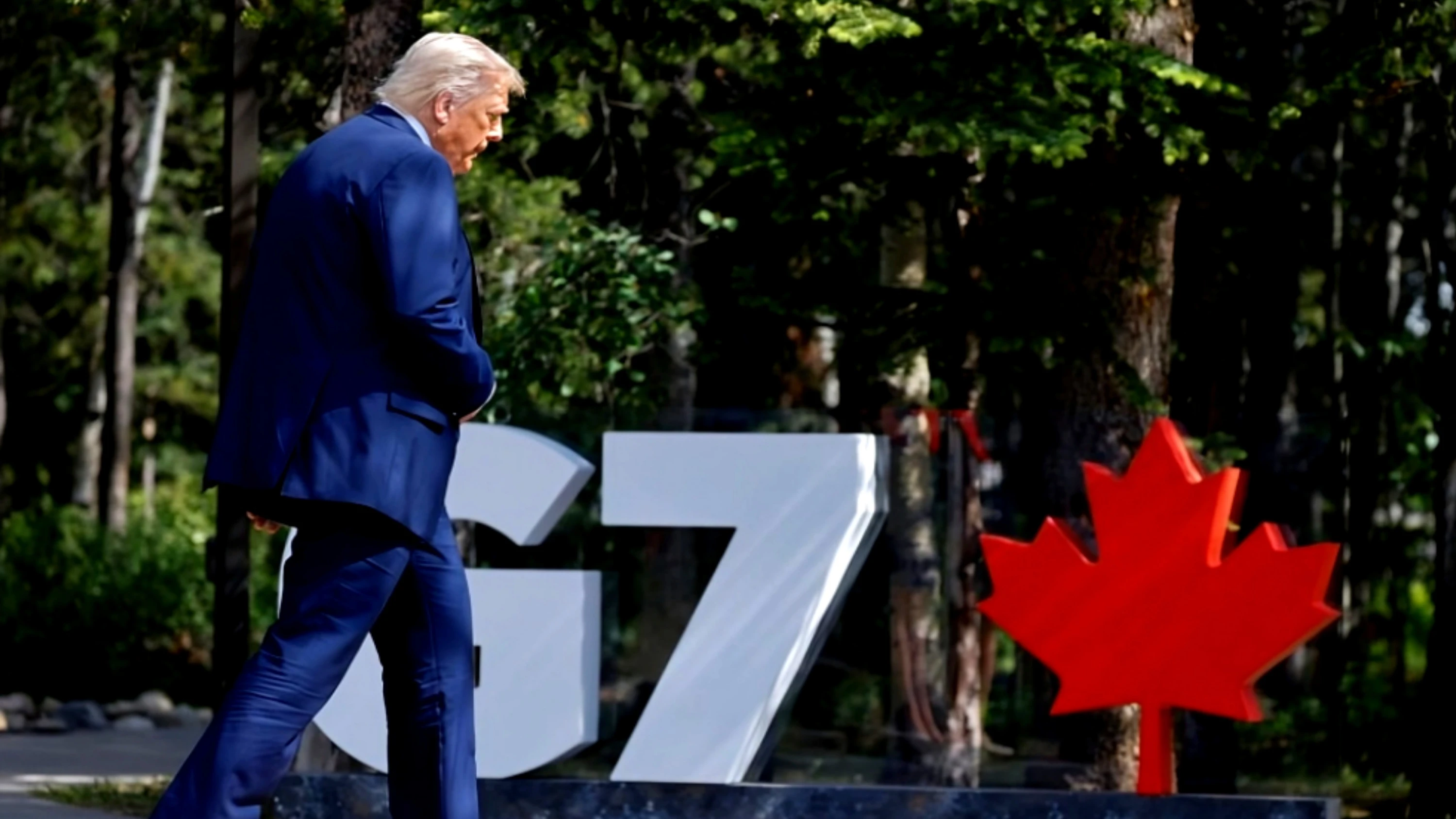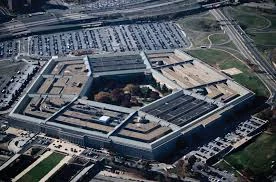Kabul: A high-level United Nations delegation led by Under-Secretary-General for Humanitarian Affairs and Emergency Relief Coordinator, Tom Fletcher, has visited Kabul to assess the growing humanitarian needs in Afghanistan and discuss the ongoing challenges in aid delivery with senior Taliban officials.
During his meetings, Fletcher emphasized that the situation of Afghan women remains a top priority for the UN, underscoring that meaningful progress in the country is impossible without the full participation and education of girls and women. These remarks were made during a meeting with Amir Khan Muttaqi, the Taliban’s acting foreign minister.
According to a statement from the UN Office for the Coordination of Humanitarian Affairs (OCHA), both sides discussed the importance of women’s involvement in humanitarian operations. They also exchanged views on improvements in addressing insecurity, combating narcotics, and the additional burdens posed by climate change on the humanitarian landscape in Afghanistan.
Fletcher also held talks with Taliban economy minister Din Mohammad Hanif and Abdul Salam Hanafi, the administrative deputy of the Prime Minister’s office. He described the meetings as significant, touching on key issues such as the effects of climate change, challenges facing returning refugees, diminishing global aid, and urgent humanitarian needs.
The UN estimates that around 23 million people—over half of Afghanistan’s population—will require life-saving assistance in 2025. However, aid agencies are increasingly constrained by a significant reduction in international funding.
The Taliban's Foreign Ministry acknowledged the importance of these meetings, stating that discussions covered a wide range of issues currently facing the country. They assured the UN of cooperation with humanitarian actors and guaranteed that no obstacles would hinder their work.
A ministry statement noted, "In aid implementation, decision-making will prioritize local communities and aid recipients. Shifting from humanitarian to developmental assistance, aligned with the Afghan people's priorities, remains one of our goals."
A Taliban spokesperson added that discussions included reintegration of returnees, mitigation of climate change impacts, counter-narcotics strategies, alternative livelihoods for farmers, addiction treatment, enhancing aid efficiency through local production, and strengthening coordination between humanitarian agencies and relevant government bodies.
As part of his visit, Fletcher also met with several Afghan female humanitarian workers, praising their courage and commitment under pressure. In a post on X (formerly Twitter), he wrote, "Inspiring conversation with our brave and skilled female colleagues in Afghanistan who continue their life-saving work under immense pressure. Our organization needs their expertise, but more importantly, the people of Afghanistan need them."
The humanitarian response in Afghanistan faces dual challenges: Taliban-imposed restrictions on women’s participation and the sharp decline in international aid, exacerbated by funding cuts under the foreign policy of U.S. President Donald Trump. This has left many humanitarian organizations, especially those in health care, struggling to operate amidst rising needs.


